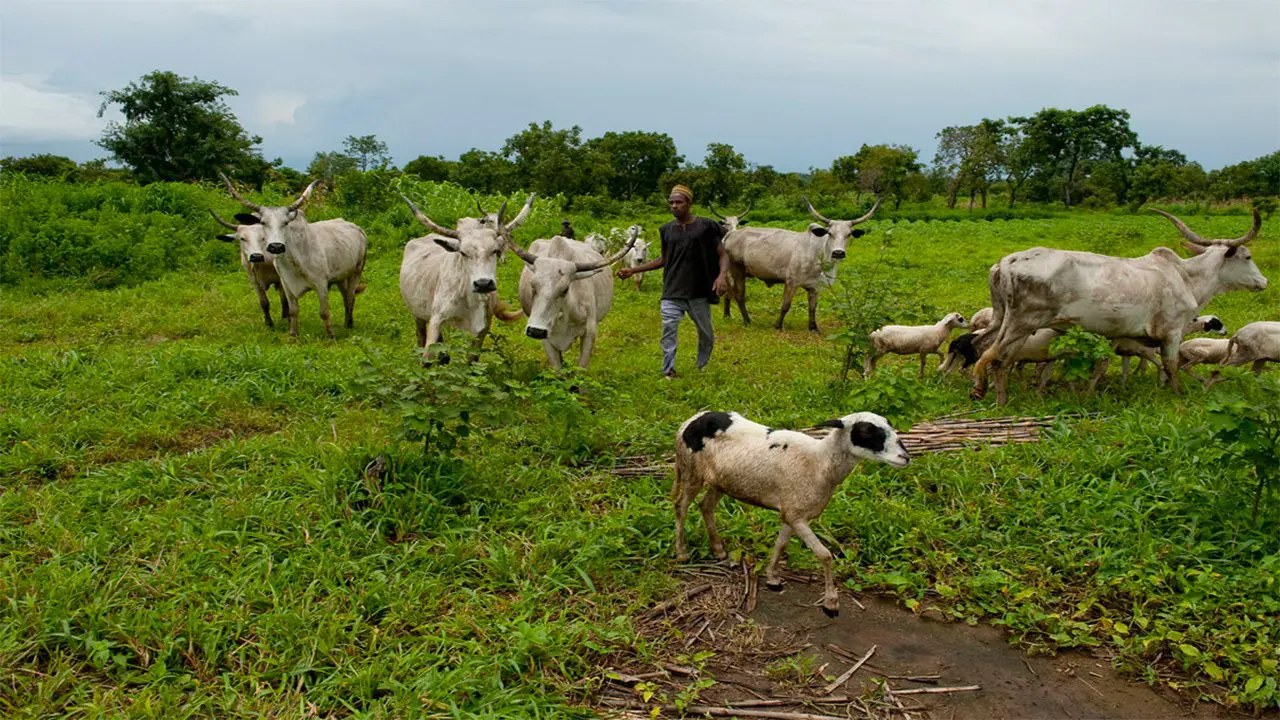A Yoruba separatist group, Conscience of Yoruba Nation on Friday voiced their opposition to the federal government’s plan to create grazing zones as a solution to the ongoing farmer-herder clashes in the country.
The group advocating for an independent Yoruba state in the South-West called on President Bola Tinubu to investigate the root causes of the crisis.
The group argued that allocating land for grazing zones is an ineffective strategy that has been tried before without success. They proposed a more comprehensive approach, including a committee to examine the underlying issues.
In a statement on Thursday by its Convener, Otunba Adekolejo Omololu, the COYN opposed the idea of providing land in the South-West to build ranches for herders from the North.
This is a position also taken by an Igbo separatist group, the Independent People of Biafra (IPOB) which had also rejected the idea of allocating land in the South-East area for grazing purposes.
READ ALSO: Tinubu tells Governors: It’s time for governance, let’s set aside politics
COYN in its statement, said, “As regards the recent instruction of the President of Nigeria, President Bola Tinubu, to the state governors to provide land for grazing to herders in an attempt to curtail the incessant farmer-herder crisis that is ravaging the country, the COYN hereby rejects this proposition of the President on this subject.
“Grazing zones as a proposal to combat the farmer-herder crisis has proved ineffective in the Middle Belt of the country. Benue State banned open grazing and provided ranches, yet the crisis in Benue has continued. In Plateau and Nasarawa states, lands were donated by the President Buhari administration but this did not stop the farmer-herder clashes. Southern Kaduna is another example of cases of failure of the grazing reserves; they have the longest record since the 1960 grazing reserve act where the former Northern Region let the herders lease land for grazing, the reserve land subsequently becoming disputed land, leading to further conflicts till today and continued killings in the region.”
This rejection comes amidst rising tensions between farmers and herders across Nigeria. The competition for land and resources, along with accusations of cattle destruction of crops, has resulted in deadly clashes in recent years.
However, the groups view the plan with suspicion, noting that grazing zones could lead to a loss of control over their land and potentially exacerbate existing ethnic tensions. Their opposition adds another layer of complexity to the federal government’s efforts to find a lasting solution to the farmer-herder crisis.

 Comments and Issues2 days ago
Comments and Issues2 days ago
 Business6 days ago
Business6 days ago
 Business1 week ago
Business1 week ago
 Business1 week ago
Business1 week ago
 Business5 days ago
Business5 days ago
 Education7 days ago
Education7 days ago
 Comments and Issues5 days ago
Comments and Issues5 days ago
 News6 days ago
News6 days ago















